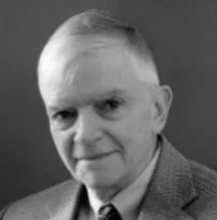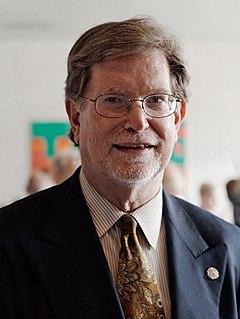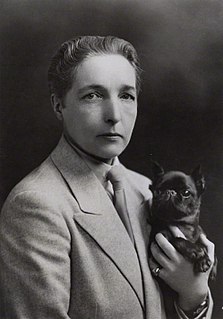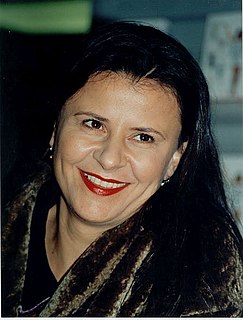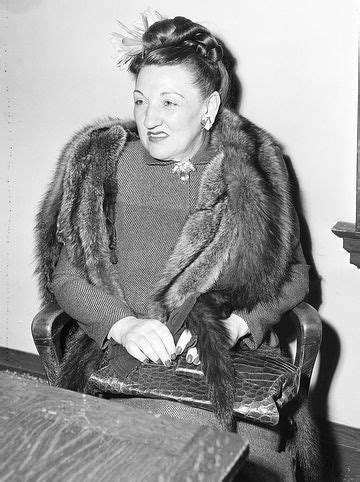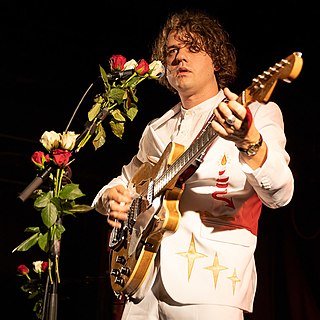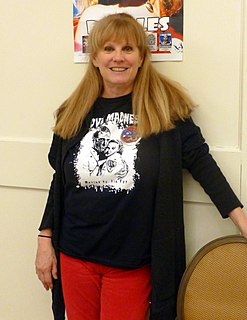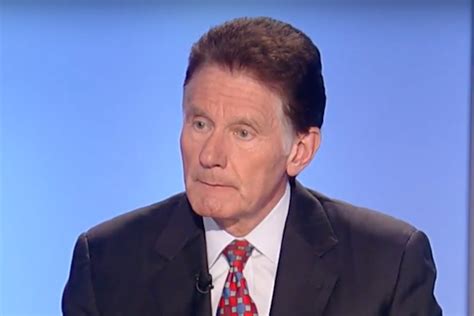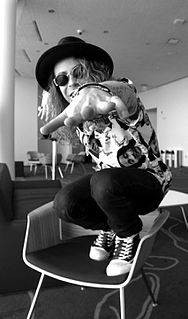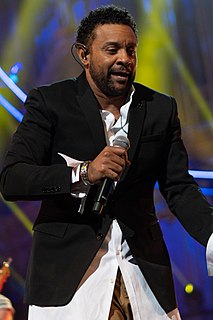A Quote by Charles R. Morris
merica was middle-class for the very start - the people who came first were hyper-strivers from England. There were no vested interests, no ranks, no classes, it was very lightly populated, there were unlimited natural resources - for free essentially - if you failed, you could always start over.
Related Quotes
In the '70s, the newspaper guild managed to get people paid what they were worth, but the reporters suddenly became middle class. It's much more respectable, more uptight, and everyone speaks in guarded tones. And the writing isn't as good. We always had guys who were failed poets and failed novelists who did it to eat.
Growing up, there were TV shows that were very funny but very traditional. Classic things like 'Fawlty Towers,' obviously, and 'Blackadder' were pretty traditionally shot. And then there were the ones that start to break the mold or be really ambitious. The ones that spring particularly to mind would be 'The Young Ones.'
The Ramones were a great bunch of guys. They were very quiet, very shy. They were a little in awe of the filmmaking process, probably because we started at 7 a.m. I do remember the very first day of shooting, I met them and did the scene in the bedroom where Joey sings to me, and they were all scattered around my bedroom in my little fantasy scene. That was the first scene we shot of the movie. That scene is kind of a strange way to start a movie. "Okay, get undressed, and these weird guys in leather jackets and ripped jeans are going to sing to you."
I was in a comfortable situation, I was on tour, it was cool, but it wasn't at all what I wanted to do. So I had to leave it, start over. My friends were like, 'You were doing something, now you're back at day one.' So people kind of look at you different when you start over. Everyone needs to challenge themselves like that.
